The determined efforts of First Nations and other coastal communities, scientists, organizations, and individuals continues to shape the future of the world’s largest remaining intact temperate rainforest. These voices are the reason that we celebrate historic victories and major conservation milestones for Canada’s Pacific coast. Our expanding campaigns in ancient forests, wild wolves, and wildlife management encompass British Columbia today.

1.
#SAVEBCWOLVES
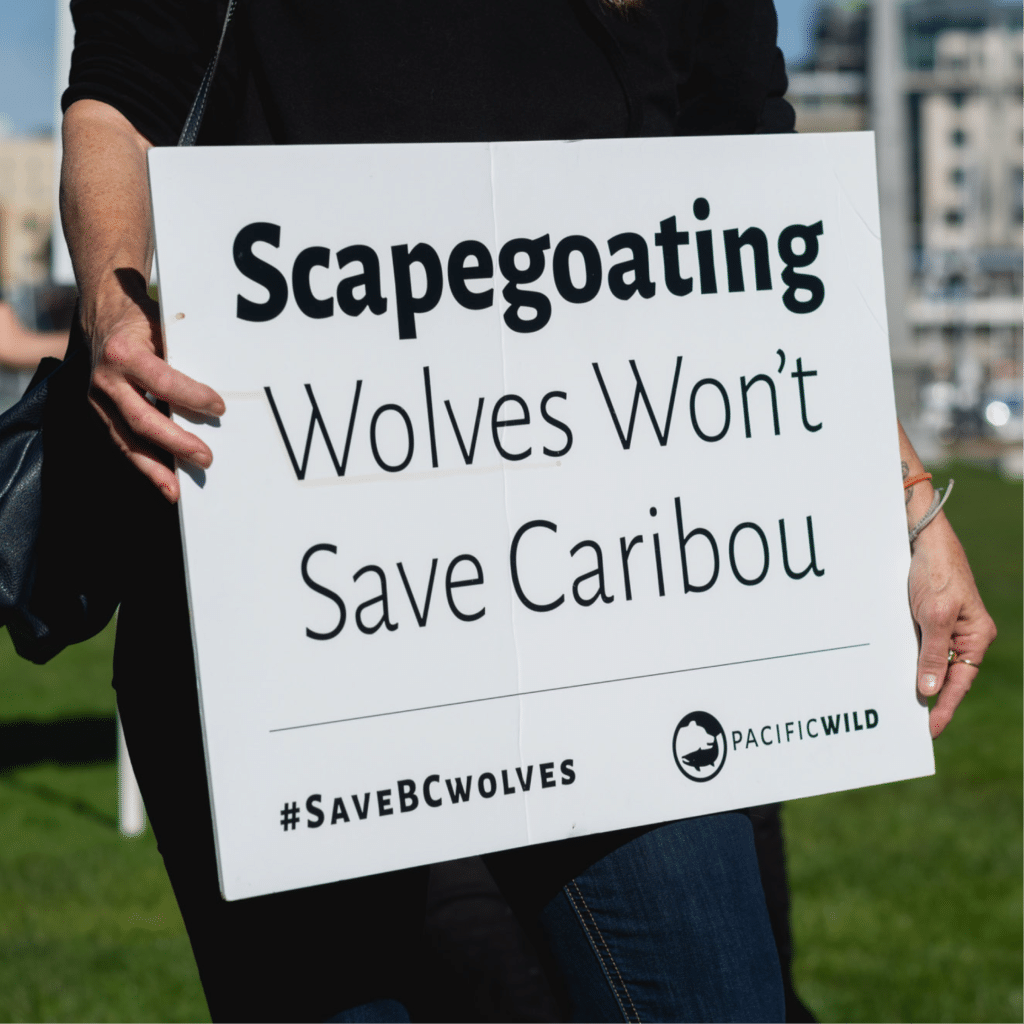
In 2022, the judgement came down in Pacific Wild’s request for a judicial review of the illegality of the B.C. government’s aerial killing program. While the judge sided with the government that they were no longer out of compliance with federal and provincial rules governing the killing of wolves via helicopter (because the government changed the law while the matter was before the courts, proving they previously broke the law every year with the gunning program), the biggest takeaway is that Pacific Wild has the public standing to speak on behalf of the wolves in our province.
We continue to examine potential legal strategies today, and along with 500,000 signers of our petition delivered to Victoria in October of 2021, raise the science that demonstrates inarguably that it is habitat protection that is needed to save caribou, not the senseless and brutal killing of wolves.
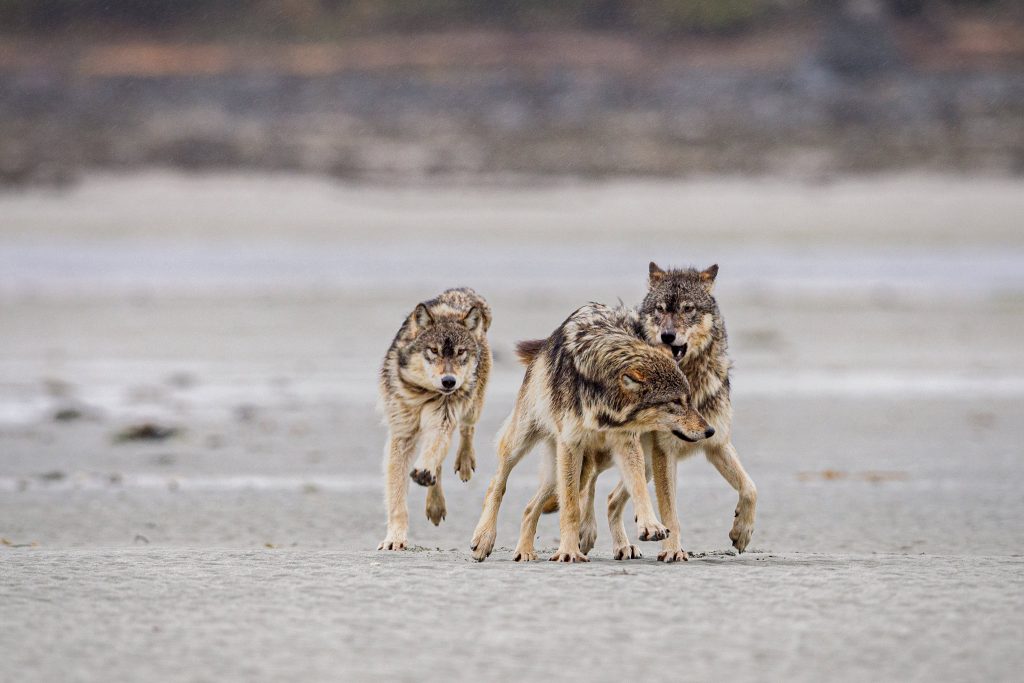
Sea wolves of the b.c. coast
2.
SAVE PACIFIC HERRING
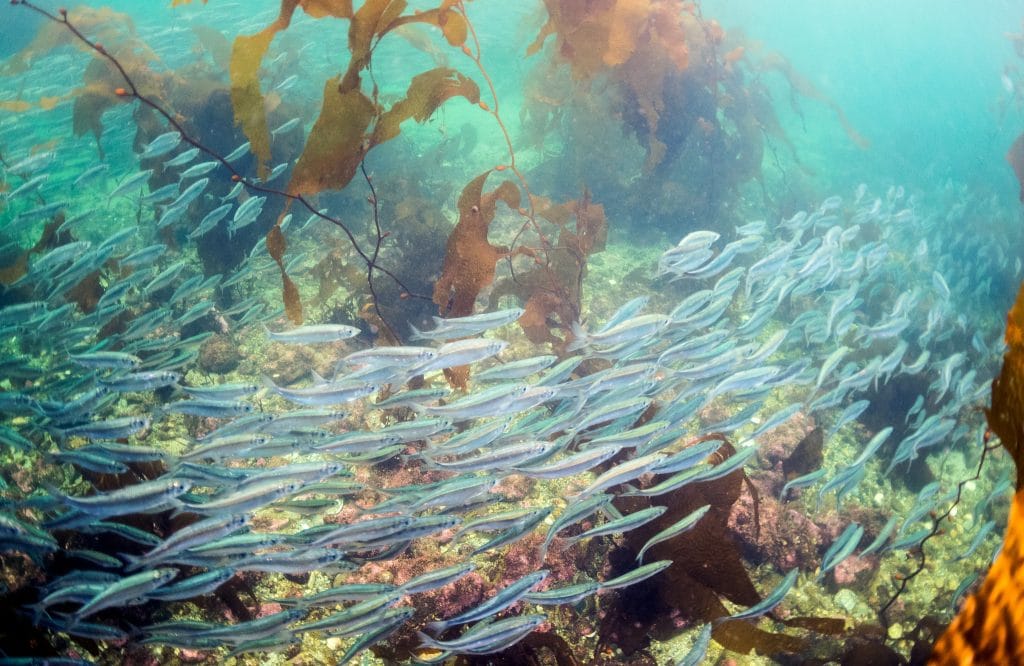
When Pacific Wild was first invited to take part in the Denman and Hornby Island annual Herring Festival in 2019, conservancy organizations were struggling to make the story of B.C.’s collapsing herring populations known. Pacific Wild brought our boat, our photographers, our drone pilots, and our media relationships to cover the annual late winter herring spawn in the Salish Sea. This is the last area of the B.C. coast with a Pacific herring population the Department of Fisheries and oceans declares healthy enough to support industrial fisheries – despite all other herring population collapses in the province.
Because of donors like you, our five years of advocacy and support for organizations like the Denman Island Stewards Association and Hornby Island Conservancy, in 2022 the DFO finally listened and dropped the quota from the standard 20% to a more conservative 10%. Industrial fishers failed to achieve their quotas, proving a full moratorium on Salish Sea herring is required to protect this foundational species of the B.C. coast.
3.
the creekwalker project
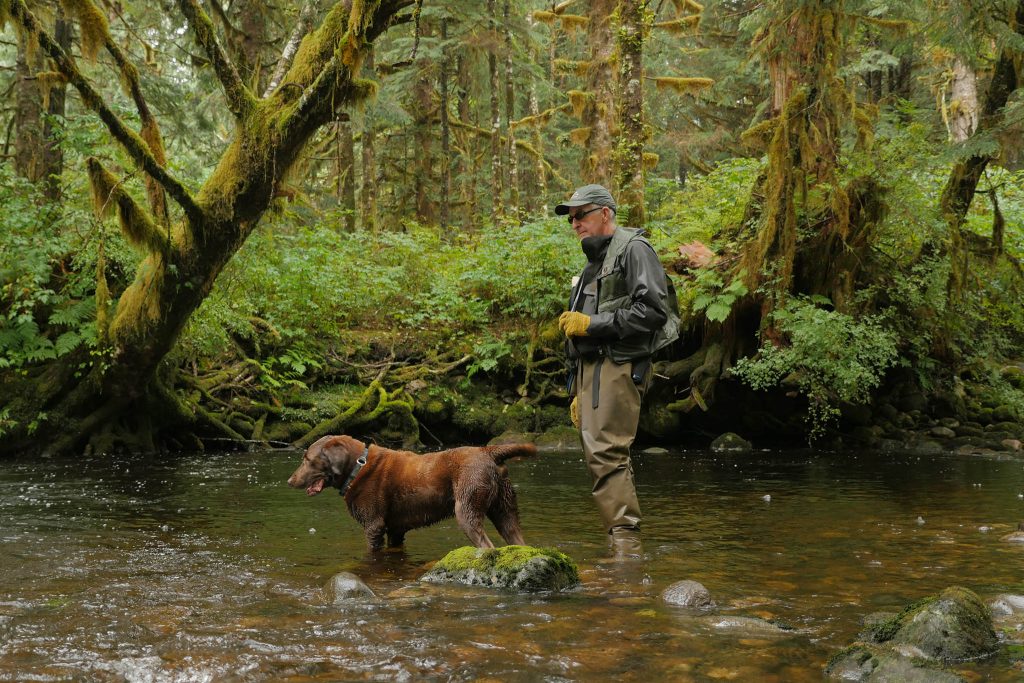
People living in the southwestern and west-interior areas of the province are well-versed by regional news coverage every fall about the major runs in the lower part of the province. The Department of Fisheries and Oceans have long-established processes for estimating potential returns and counting actual returns, and this work is what guides commercial fisheries in a balance with protective sustainability.
Until the Coastal Guardians of First Nations became proactively involved in counting salmon in the streams of the central coast, it was left to an ever-dwindling number of ‘Creek Walkers’ to count fish in ever-larger territories and ecosystems. The salmon in the vast majority of streams went uncounted, all while the DFO used algorithms to set fishing quotas and area openings. Some coastal salmon runs are a linchpin in provincial fishery returns, and support ecosystems as far inland as 1500 miles. Pacific Wild recognizes that Indigenous stewardship continues to lead the way to sustainability in coastal First Nation territories.
Video: The creek walkers
Simon fraser university
4.
GRIZZLY BEAR TROPHY HUNT BAN
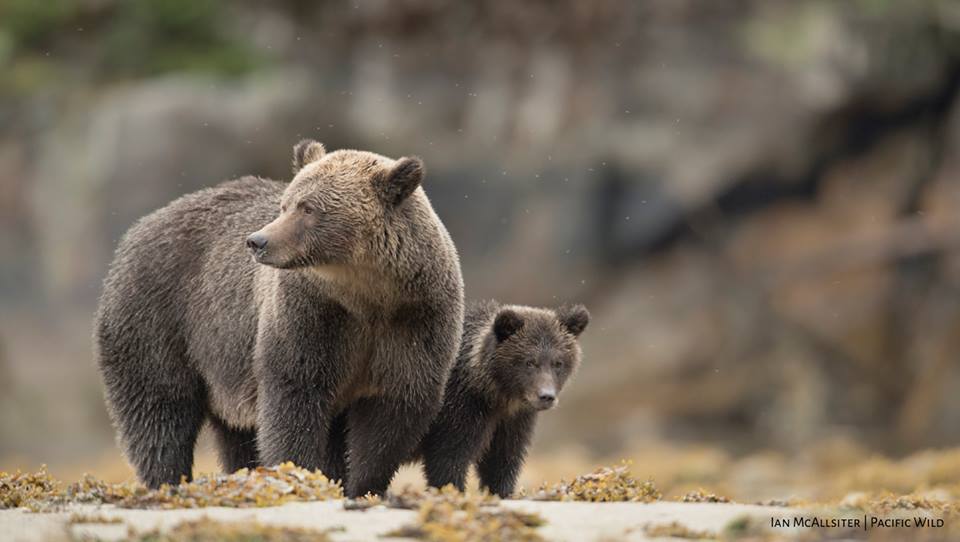
After two decades of dedicated campaigning, it is with immense relief and hope for the future that we can now say that for the past five years, grizzly bears of B.C. have been safe from being legally killed for sport or trophy. We are so grateful to the countless people from Canada and around the world that were part of the campaign to protect B.C. grizzly bears.
In particular, we owe a debt of gratitude to the leadership of Coastal First Nations who made this issue a priority in their many negotiations with the provincial government. And to the many non-government organizations, individuals, scientists, businesses, and especially the charter boat fleet and the bear viewing lodges across the province that helped to instill in people the love of one of our most iconic and magnificent land mammals. This is an incredible conservation achievement for our coast; grizzly bears have been given a helping hand as they continue to navigate our unpredictable and ever evolving relationship with the natural world.
Success by the numbers: 78,882 signatures. 7063 letters. 170 countries.
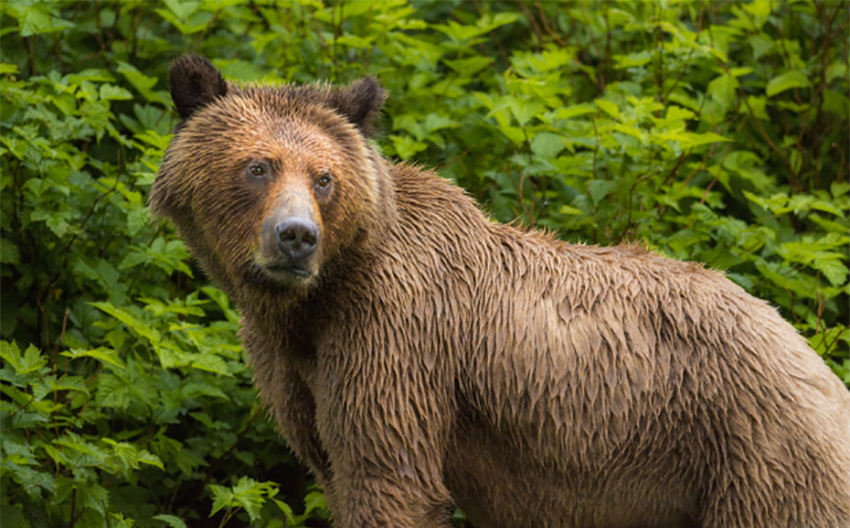
Video: the b.c. government announces ban on grizzly trophy hunting (2017)
5.
Community Herring Spawn-on-Kelp Fishery (SOK)
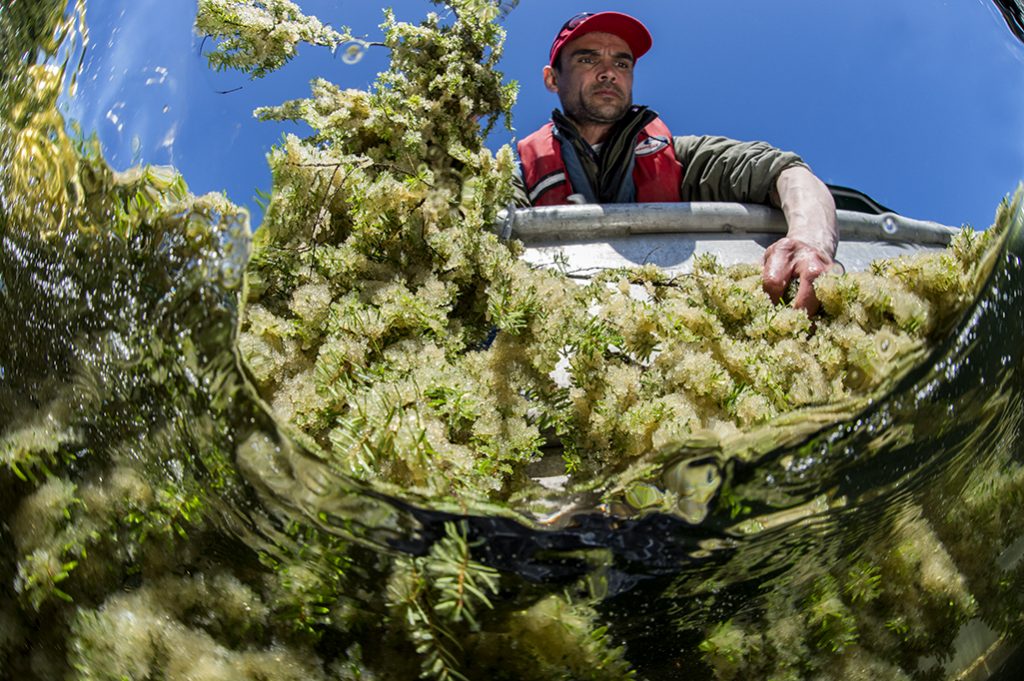
In 2015, the herring spawning season was marked by conflict, confrontation, and anguish. First Nations communities on B.C.’s central coast faced the industrial sac roe fleet and challenged Fisheries and Oceans Canada (DFO), which secretly allowed an seine opening in an area the Heiltsuk Nation had declared closed.
The Heiltsuk and Kitasoo/Xai’xais Nations unwavering efforts over many years resulted in one of the first fisheries co-management agreements ever reached in B.C. DFO reduced the quota to a level that forced the fleets to stay home, giving hope for recovery of a fish that is considered foundational for the entire coastal ecosystem and coastal First Nations cultures. Seven North and Central Coast First Nations recently signed a Reconciliation Framework Agreement with the federal government that will open the door for more joint fisheries management agreements based on the precautionary principle, similar to the agreement that the Heiltsuk Nation have been putting into practice with DFO in recent years. The Heiltsuk’s focus is now on managing the traditional fishery and pushing to improve and extend the collaborative monitoring and management process to other fisheries. Pacific Wild supported the Heiltsuk during and after the protest, with a dedicated team of visual storytellers who delivered the story from the Heiltsuk perspective as it unfolded in real-time, reaching media saturation across Canada and helping to turn the tide against unsustainable management. Unfortunately, pressures on these herring populations caused the DFO to cancel the SOK fishery in 2022.

